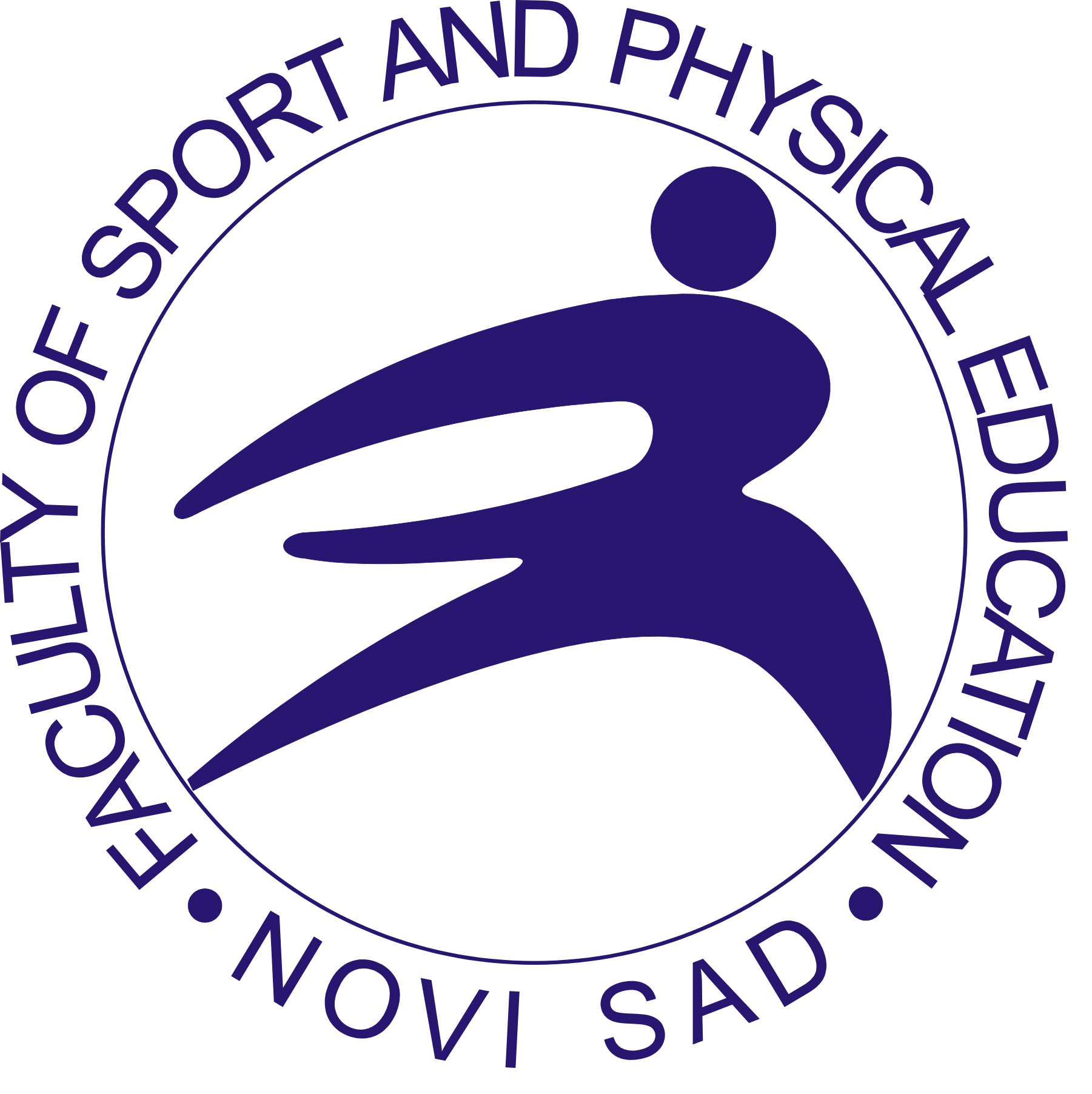
More articles from Volume 12, Issue 1, 2020
Biomechanical analysis of the 2017 European indoor champion in the women’s long jump: case report
Lipid profile alterations following aerobic and resistance training programmes among HIV- seropositive female patients
Towards recognition of peer violence in youth sports – the case of Vojvodina
Physical activity and quality of life in adolescents and orphans
Satisfaction of basic psychological needs of young Serbian female athletes: the role of coach and teammates
Citations

4

Radenko M. Matić, Nikola Todorović, Ivana M. Milovanović, Valdemar Štajer, Brigita Banjac, Stevo Popović, Marko Manojlović
(2024)
Sports event quality and athlete’s behavioural intentions at the World Wrestling Championship
Management & Marketing, 19(3)
10.2478/mmcks-2024-0019
Jovana Trbojević, Jelica Petrović
(2020)
Satisfaction of basic psychological needs of young Serbian female athletes: the role of coach and teammates
Exercise and Quality of Life, 12(1)
10.31382/eqol.200605
Liu Haidong, Mohamad Ibrani Shahrimin Bin Adam Assim, Azhar Bin Yaacob , Tengku Fadilah Tengku Kamalden
(2024)
Analyzing the Influence of Satisfaction of Basic Psychological Needs on Sports Performance among College Student Athletes
Salud, Ciencia y Tecnología - Serie de Conferencias, 3()
10.56294/sctconf2024926
Jester Vann Y. Caling, Jet C. Longakit, Kiana Polline Z. Jariol, Joseph Lobo, Deljun R. Rodriguez
(2025)
Examining the Role of Needs Satisfaction in the Coach-Athlete Relationship and in Athletes’ Well-Being
Physical Culture and Sport. Studies and Research, 108(1)
10.2478/pcssr-2025-0010Satisfaction of basic psychological needs of young Serbian female athletes: the role of coach and teammates
Matica Srpska, Novi Sad, Serbia
University of Novi Sad, Faculty of Philosophy, Department of Psychology, Novi Sad, Serbia
Abstract
In youth sport, coach and teammates have a relevant role in an athlete's development as a player. They can create a task or ego-involving motivational climate, and directly influence athlete’s affective, cognitive, and behavioral outcomes. The purpose of this research is to examine the effects of motivational climate created by coach and teammates on the satisfaction of basic psychological needs in sport of young female athletes. The sample consisted of 192 young Serbian female athletes from collective sports (handball, volleyball, and basketball) with an average age of 13.6 years. They filled out Peer Motivational Climate in Youth Sport Questionnaire - MCYSQ (Ntoumanis & Vazou, 2005), Perceived Motivational Climate in Sport Questionnaire - 2 - PMCSQ-2 (Newton, Duda & Yin, 2000), and the Basic Need Satisfaction in Sport Scale (BNSSS, Ng, Losdale, & Hodge, 2011). Results of regression analysis showed that motivational climate created by coach and teammates represent significant predictors of the basic psychological needs: need for relatedness (35.5% of variance), need for competence (21.9% of variance), and need for autonomy – choice (10.5% of variance). Perceived task-involving motivational climate created by coach and teammates singled out as statistically significant predictors of need for relatedness and competence, while task-involving motivational climate created by teammates singled out as significant predictor of need for autonomy. Athletes who perceive coach’s and teammate’s behavior as task-involving, will have more satisfied basic psychological needs. Understanding the factors that facilitate basic needs contribute to prevention of dropping out of sports in adolescence, and athlete’s motivation and achievement.
Keywords
References
Citation
Copyright

This work is licensed under a Creative Commons Attribution-NonCommercial-ShareAlike 4.0 International License.
Article metrics
The statements, opinions and data contained in the journal are solely those of the individual authors and contributors and not of the publisher and the editor(s). We stay neutral with regard to jurisdictional claims in published maps and institutional affiliations.
























